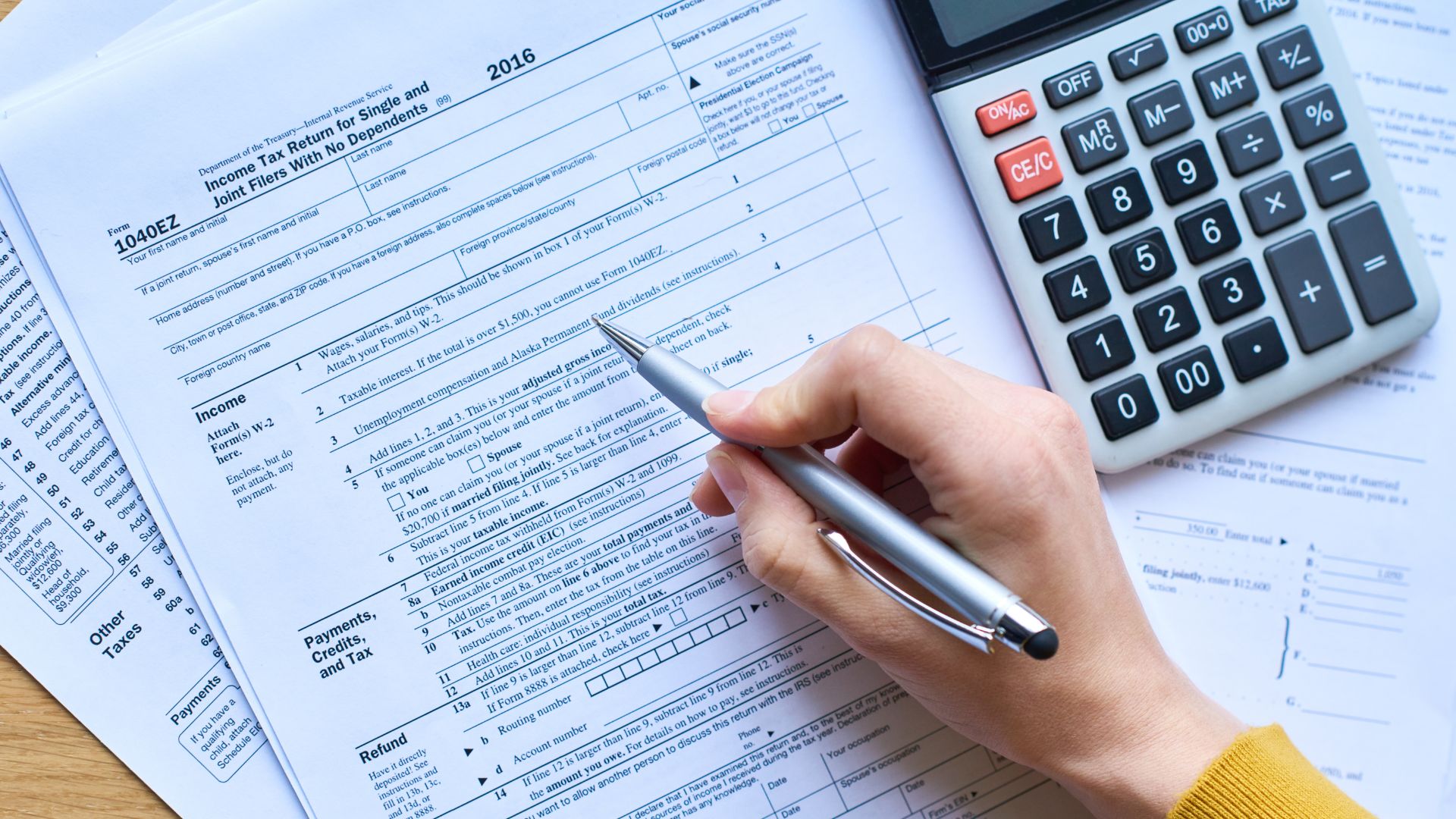Understanding the various HOA tax return obligations is crucial for effective financial management as a homeowners association (HOA). While HOAs were initially required to file form 1120, the Tax Reform Act of 1976 introduced form 1120-H, simplifying the HOA tax process and providing significant tax benefits. Here’s what you need to know about Form 1120-H for HOAs.
What Is Form 1120-H?
Form 1120-H is the income tax return tailored for HOAs. It aligns with Section 528 of the Internal Revenue Code, offering a more straightforward filing process than Form 1120. The main advantage of Form 1120-H is that it allows HOAs to exclude certain incomes from their gross calculation. This form accommodates HOAs’ unique financial operations, reducing the administrative burden and potential tax liabilities.
Critical Benefits of Filing Form 1120-H
The main benefit of filing form 1120-H is the exclusion of membership dues, fees, and assessments from the HOA’s gross income. This exclusion means that the primary sources of revenue for most HOAs are not subject to federal income tax. In addition, the form simplifies the reporting process, focusing on specific types of income and expenses relevant to HOAs. This streamlined approach reduces the complexity of tax filing and helps HOAs maintain better financial oversight.
Eligibility Requirements for Form 1120-H
To qualify for filing Form 1120-H, an HOA must meet specific requirements. These include earning 60% of its gross income from membership payments, fees, or assessments and spending at least 90% of its expenditures on property maintenance and management. Meeting these requirements ensures that the HOA takes full advantage of the tax benefits offered by Form 1120-H.
Filing Process and Deadlines
Another vital aspect you need to know about form 1120-H is the filing process. This is a relatively straightforward process that happens annually. The form requires detailed information about the HOA’s income, expenses, and activities. Accurate record-keeping throughout the year ensures all necessary information is readily accessible. It is advisable for HOAs to know the potential penalties for late filing or inaccuracies, as it ensures timely and accurate submission.
Form 1120-H provides homeowners associations with a more straightforward and beneficial tax filing option. By understanding its advantages, eligibility requirements, and the filing process, HOAs can ensure compliance and optimize their financial management. Consult the experts at Abel Accountants for professional help to enhance the accuracy and efficiency of your HOA’s tax returns and administrative tasks, protecting the financial health of your community.





